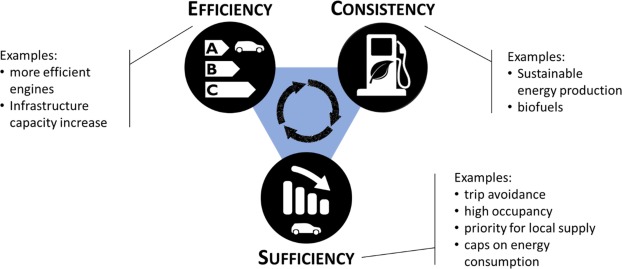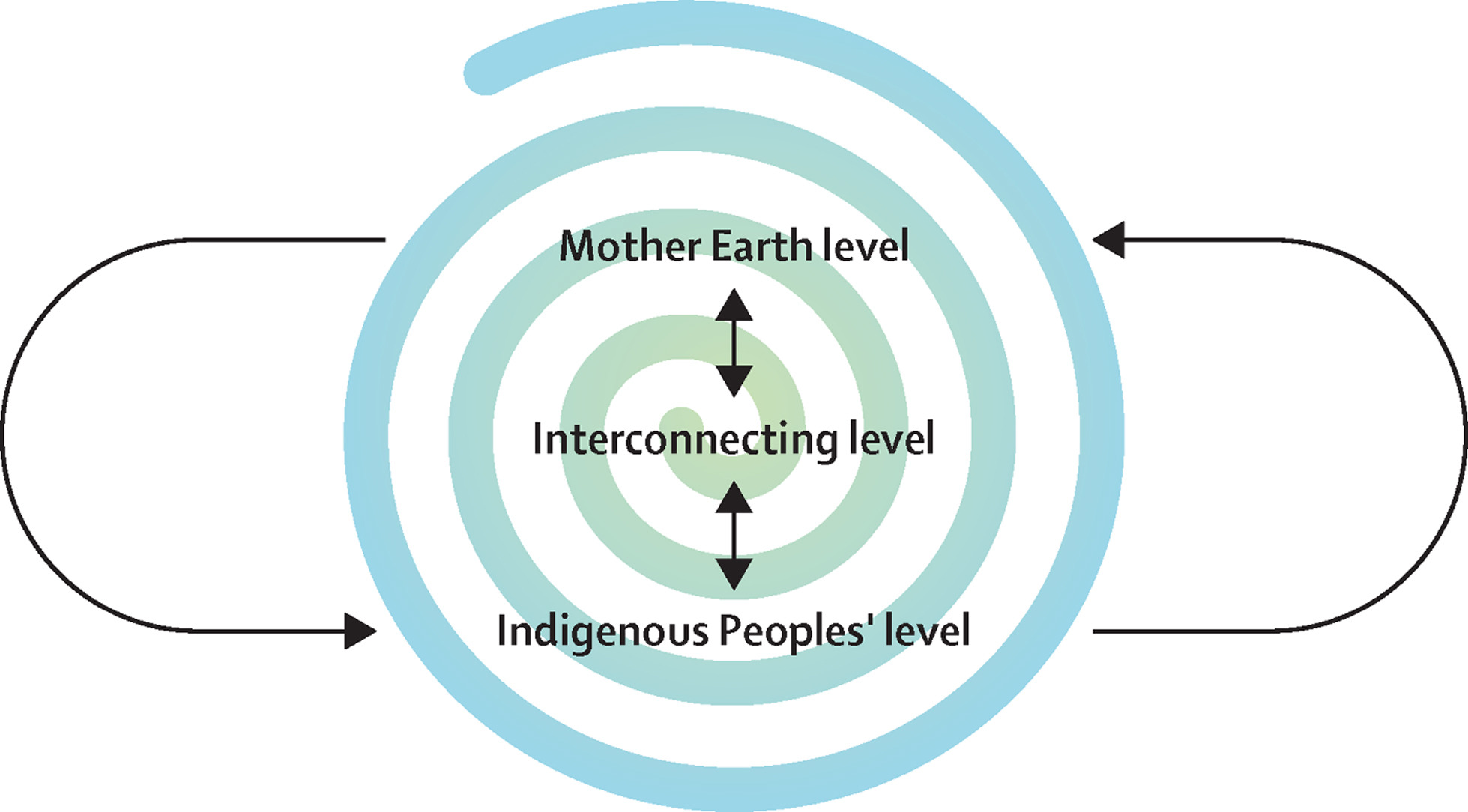Transportation Research Part D: Transport and Environment, Volume 103, February 2022
Transportation is a basic social need, but most trips are done by private vehicles, which is not environmentally sustainable with growing urban populations. Micromobility (e.g., shared bikes) represents a significant opportunity to replace short private vehicles trips (0–3 miles) and reduce transportation sector emissions. This paper uses Seattle as a case study and estimates that up to 18% of short car trips could be replaced by micromobility.
Transportation Research Part D: Transport and Environment, Volume 103, February 2022
Blood, Volume 139, 17 February 2022
One Earth, Volume 5, 18 February 2022
The Lancet Planetary Health, Volume 6, February 2022
Forest Ecology and Management, Volume 506, 15 February 2022


